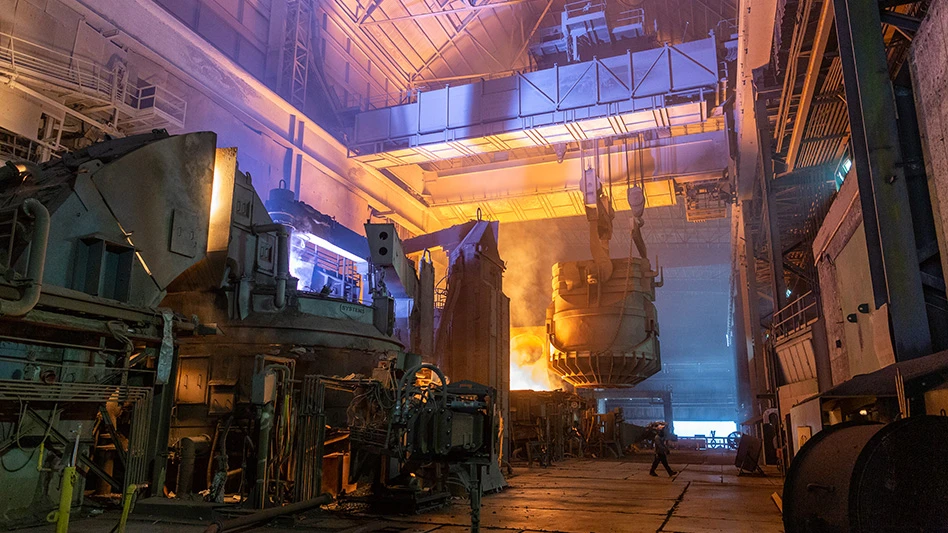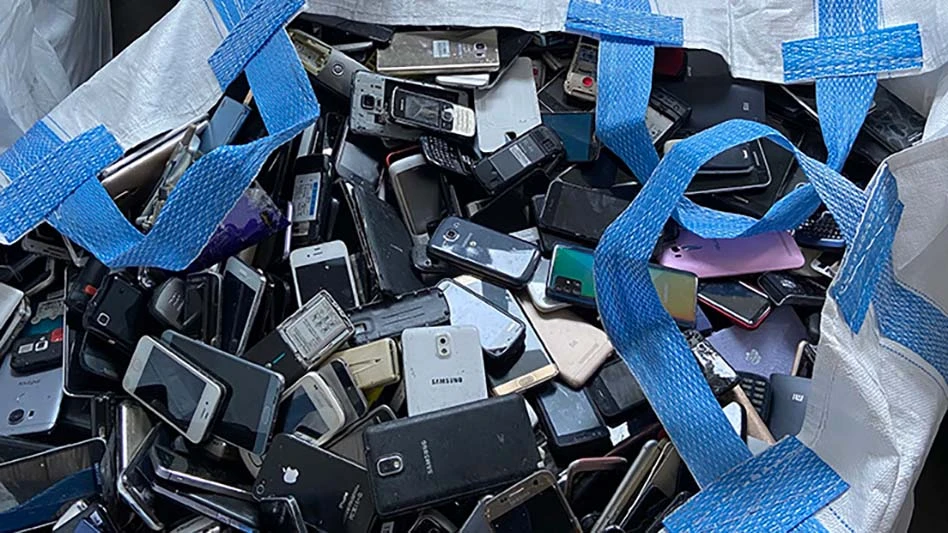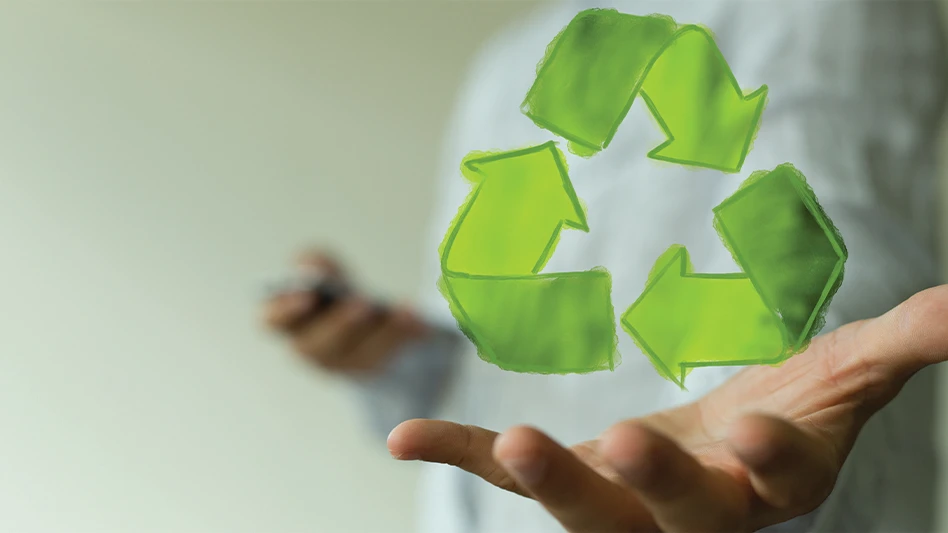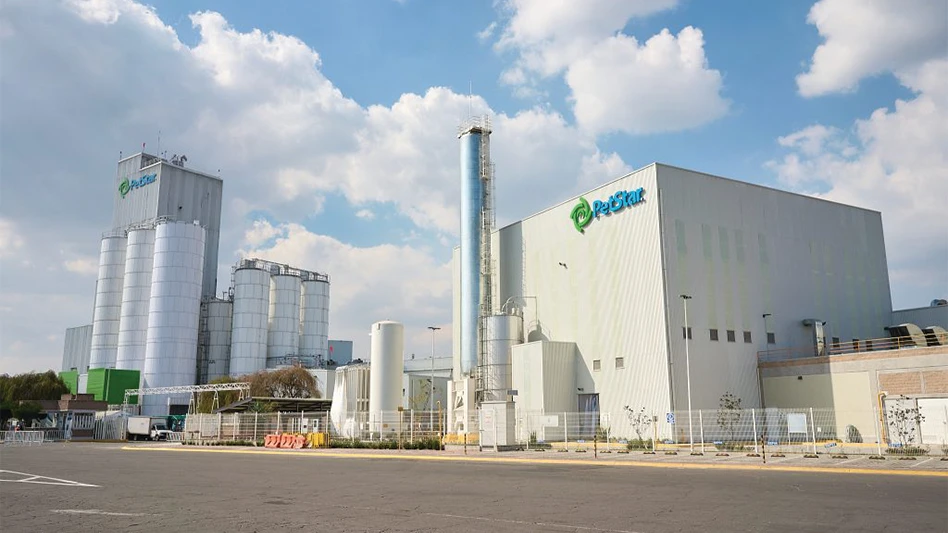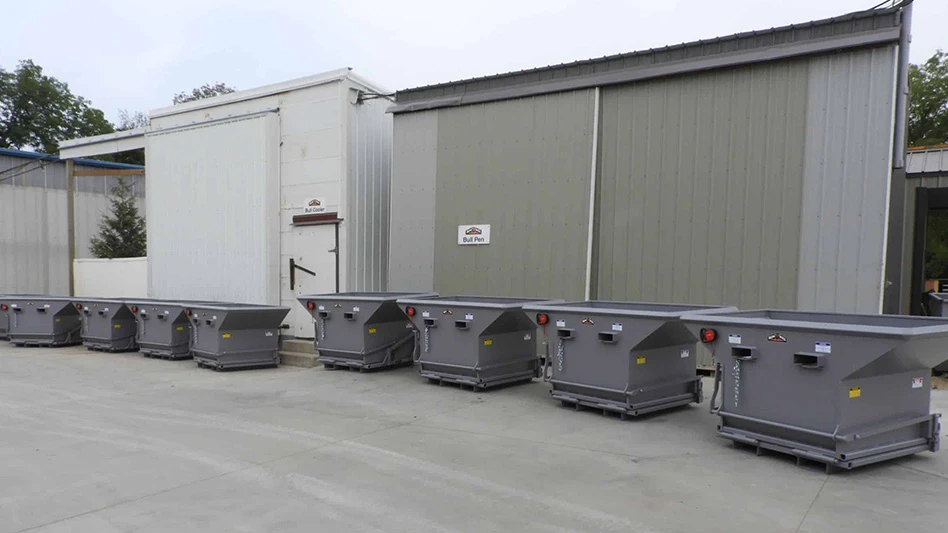The nonferrous metals recycling industry should focus on its strengths of sorting, processing and logistics rather than on trying to second guess price movements. That was part of the message delivered by Murat Bayram of European Metal Recycling Ltd. (EMR), when he spoke at the Bureau of International Recycling (BIR) Non-Ferrous Metals Division meeting. That meeting was held in Berlin in late May as part of the 2016 BIR World Recycling Convention.
Providing a summary of what divisional president David Chiao of the Uni-All Group had described as a “difficult” period for the trade, Bayram said there are still more scrap recycling facilities than needed, and further consolidation was required in the sector despite recent business closures and insolvencies. He pointed to increasing evidence of payment delays across a number of key markets as another cause for concern.
Bayram said the recent spike in ferrous scrap prices had triggered a significant upturn in the collection of both ferrous and nonferrous scrap grades. Nevertheless, availability still remained “very tight” in certain cases, including copper.
On the plus side, Bayram pointed to “full” order books in the secondary market and to “huge opportunities” offered by the easing of international commercial sanctions on Iran, not only for local and international base metals companies but also for machinery and equipment suppliers. Although no other market on its own could match the scale of a slowing China, there was encouragement to be taken from gradual growth in the “very important” Indian market as well as from the reasonably positive signs coming out of Europe.
Eugen Weinberg, head of commodity research at Commerzbank AG in Germany, told meeting attendees that China would remain a significant factor in the markets but was currently a focus for “unreliable” growth data and “huge overcapacity.” During a panel discussion moderated by Peter Dahmen of Metallgesellschaft Schoof & Haslacher, Weinberg suggested the rest of the world would need to protect itself until such time as subsidies in China were ended.
Also on the panel, Robert Fig of the London Metal Exchange (LME) said China was “incredibly important” for the metals industry, “and I don’t think that’s going to change dramatically.” He also contended that the imposition of duties was generally an unsatisfactory approach as it often led to retaliation and could encourage unprofitable production in other countries.
Fig also underlined what he calls the central role of the LME in helping companies to manage risks associated with uncertainty over the underlying prices of metals. At the same time, he emphasised that hedging “is not a profit center in a company.”
The best performing metal on the LME this year had been zinc with a price increase of around 25 percent, it was pointed out by Weinberg. This was an example, he said, of what could be achieved through a strong supply reduction.
The 2016 BIR World Recycling Convention was May 29-June 1 at the InterContinental Hotel in Berlin.
Latest from Recycling Today
- Autocar releases Smart Battery Cable to advance refuse truck fire safety
- PLASTICS launches Positives of Plastics website
- Impact Air Systems launches compact ZAC400
- PCA to shut down paper machines at Washington containerboard mill
- BMRA provides landfill guidance for UK shredder operators
- Fornnax high-capacity tire recycling plant
- EU introduces measures to secure raw materials, strengthen economic security
- US Steel to restart Illinois blast furnace

